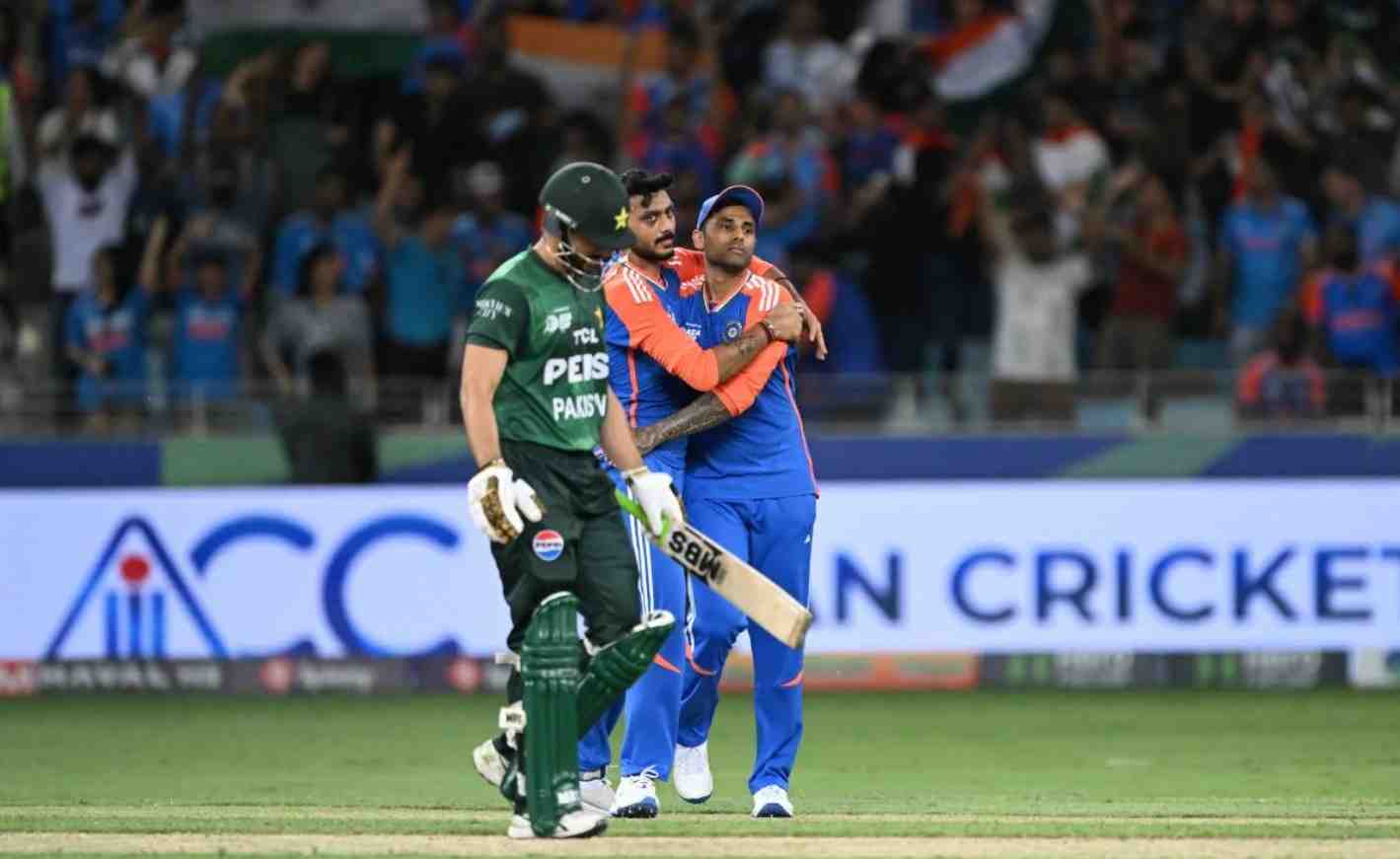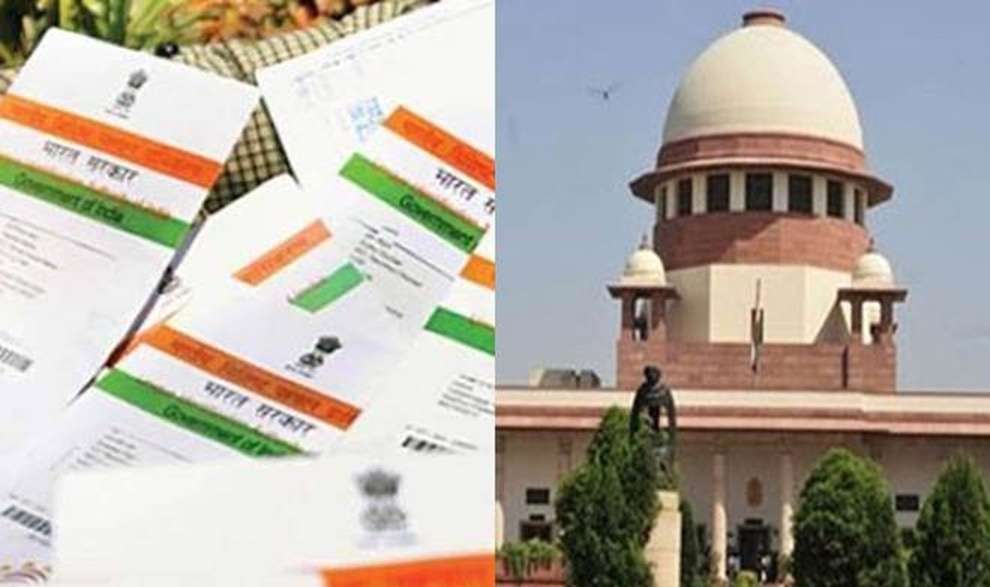India’s cricket team sparked controversy by not shaking hands with Pakistan players during the Asia Cup 2025. We explain what the ICC rules say about such conduct and possible consequences.
India-Pakistan Asia Cup Match: Handshake Controversy Sparks Debate
India defeated Pakistan by seven wickets in a thrilling Asia Cup 2025 match on Sunday. However, the game made headlines not just for the result but for a controversial gesture—or rather, the lack of one. Indian captain Suryakumar Yadav (SKY) refused to shake hands with his Pakistan counterpart Salman Ali Agha at the toss. Later, after the match, SKY and teammate Shivam Dube again avoided the traditional handshake and quickly retreated to the dressing room while Pakistani players waited on the field.
This act was widely seen as a silent ‘boycott’ amid rising political tensions between the two nations following the Pahalgam terror attacks.
Pakistan Cricket Board Lodges Complaint Over Handshake Snub
The Pakistan Cricket Board (PCB) expressed its displeasure by officially complaining to the Asian Cricket Council (ACC). The PCB also demanded the removal of match referee Andy Pycroft, accusing him of instructing Agha not to shake hands with Suryakumar during the toss.
Can India Be Punished? What ICC Rules Say
The controversy raises an important question: Can India face punishment for refusing to shake hands?
According to the International Cricket Council (ICC), the “Spirit of Cricket” is a key part of the game’s code of conduct. The ICC Preamble, included in the T20I Playing Conditions, states:
“Congratulate the opposition on their success, and enjoy those of your own team. Thank the officials and your opposition at the end of the match, whatever the result.”
- Level 1 Offense: Article 2.1.1 of the ICC Code of Conduct classifies “conduct that is contrary to the spirit of the game” as a Level 1 offense.
- Possible Penalties: While no official ICC statement has been made yet, refusing to shake hands could be seen as violating this spirit. The ICC may impose fines or warnings, but penalties in such cases tend to be modest.
What This Means for Indian Cricket
The incident highlights how politics and sport often intersect, especially in high-profile India-Pakistan matches. While the team’s action reflects current political tensions, the ICC expects players to maintain sportsmanship on the field.
Whether the ICC will take formal action remains to be seen, but this event has already sparked widespread debate among fans, experts, and officials alike.
Also Read : India Registers Dominant Win Over Pakistan in Asia Cup 2025



